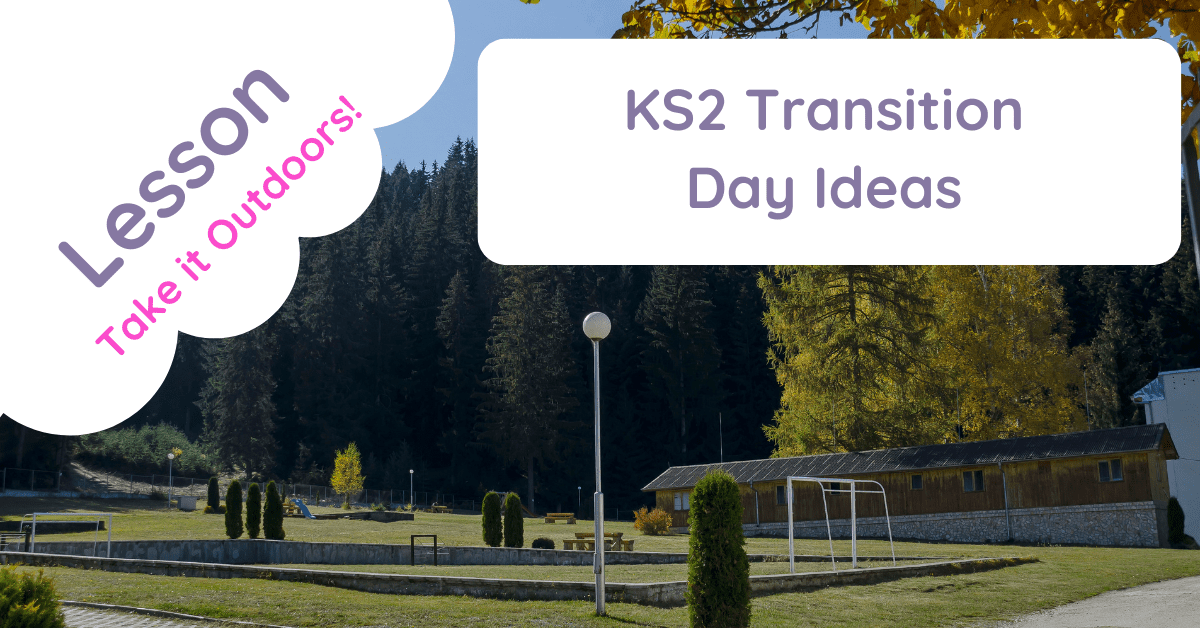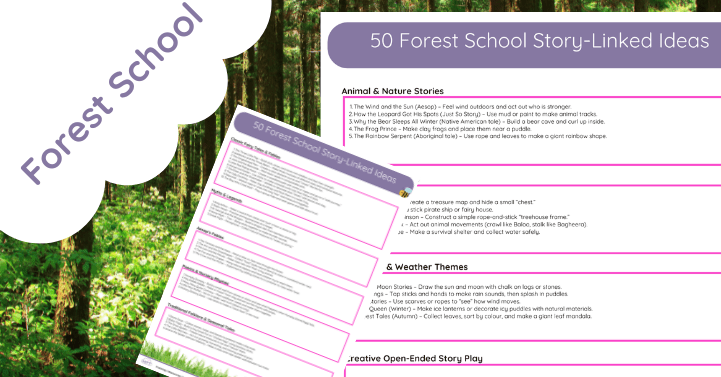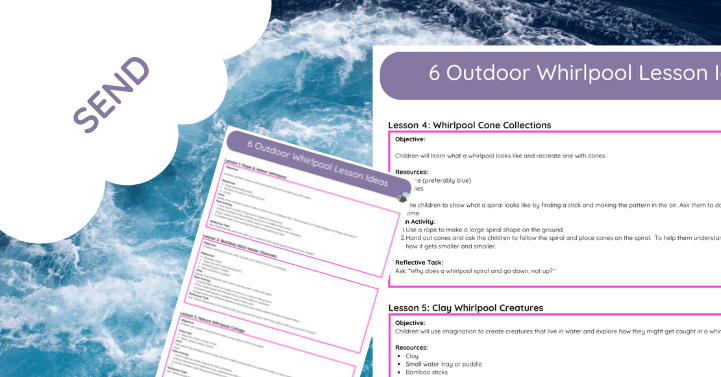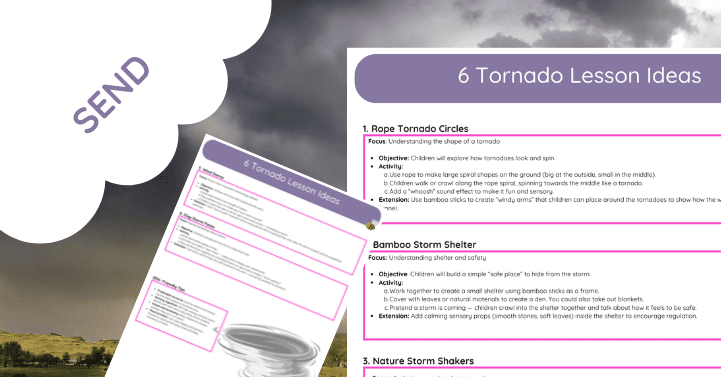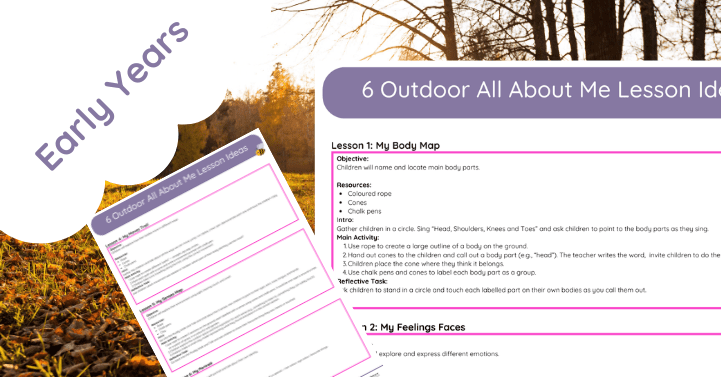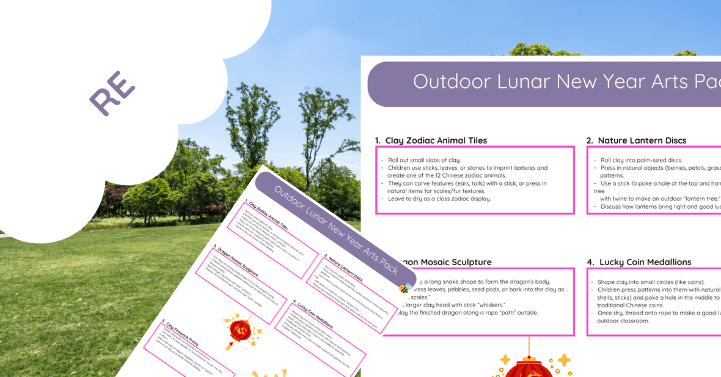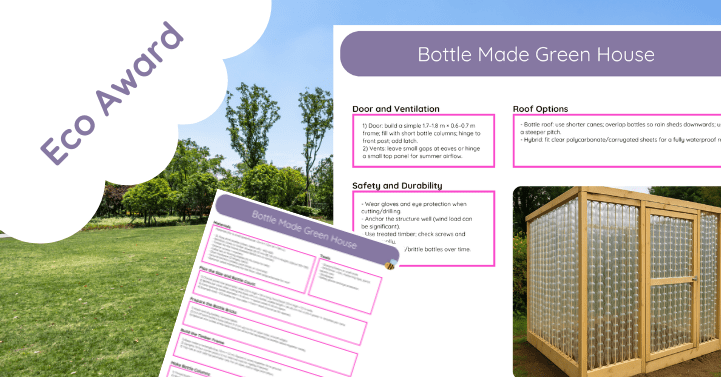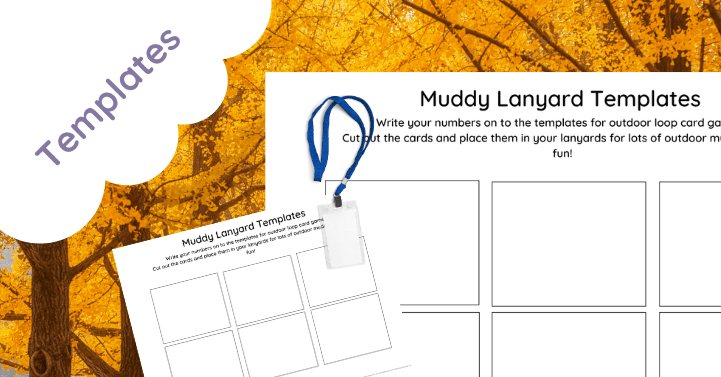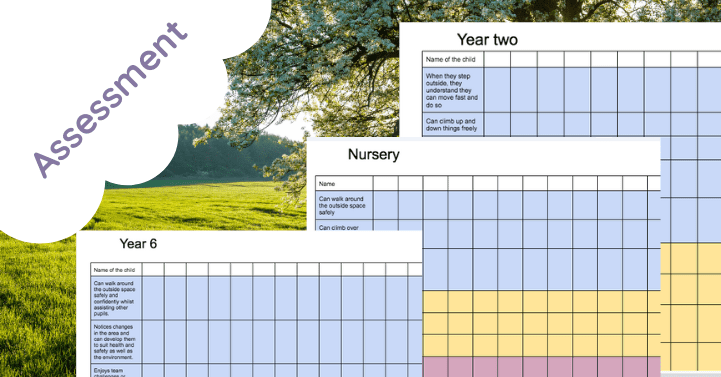The Importance of Having a KS2 Transition Day Outdoors for Children
Transition days are pivotal in helping children acclimate to new environments, routines, and peers as they move from one academic stage to another. Conducting these transition days outdoors can significantly enhance the experience, offering unique benefits that indoor activities may not provide. Here’s why having a transition day outdoors is so important for children.
1. Reduces Anxiety and Stress
Benefit: Being in a natural setting has a calming effect on children, which can help reduce the anxiety and stress associated with transitioning to a new class or school.
Explanation: Nature has been proven to lower cortisol levels, the hormone responsible for stress. Outdoor environments provide a more relaxed and open space for children to adjust to new changes, making them feel more at ease. The fresh air and natural light can also improve mood and overall well-being.
Research: Studies, such as those reported by the American Psychological Association, show that spending time in nature can significantly reduce stress levels and promote mental health.
2. Enhances Engagement and Participation
Benefit: Outdoor settings naturally stimulate curiosity and interest, leading to higher engagement and participation among children.
Explanation: The novelty of the outdoor environment, combined with the diverse sensory experiences it offers, can captivate children’s attention more effectively than a traditional classroom setting. Activities such as scavenger hunts, team-building games, and exploratory walks make learning fun and interactive, encouraging children to participate actively.
Research: According to the Child Mind Institute, outdoor activities enhance children’s focus and reduce behavioural problems, making them more engaged in the learning process.
3. Fosters Social Interaction and Teamwork
Benefit: Outdoor transition days provide ample opportunities for children to interact with peers and develop essential social skills.
Explanation: Team-building activities, group challenges, and cooperative games in an outdoor setting encourage children to communicate, collaborate, and build relationships. These interactions help them develop trust, empathy, and practical communication skills, which are crucial for their social development.
Research: The Muddy Puddle Teacher highlights the importance of collaborative play in nature for fostering social skills and teamwork among students.
4. Promotes Physical Health and Well-Being
Benefit: Outdoor activities encourage physical movement, which is essential for children’s health and well-being.
Explanation: Physical activity helps improve cardiovascular health, strengthens muscles and bones, and reduces the risk of childhood obesity. Transition days filled with outdoor games, nature walks, and physical challenges ensure that children stay active, promoting a healthy lifestyle.
Research: The Centers for Disease Control and Prevention (CDC) state that physically active children tend to have better health outcomes and academic performance.
5. Enhances Cognitive Development
Benefit: Outdoor learning experiences can enhance cognitive development and improve academic performance.
Explanation: Engaging with nature and participating in hands-on activities can boost critical thinking, problem-solving, and creativity. The diverse challenges presented by outdoor environments require children to think on their feet and apply their knowledge practically, enhancing their cognitive skills.
Research: The National Library of Medicine highlights the positive impact of outdoor learning on cognitive development and academic achievement.
6. Builds a Connection with Nature
Benefit: Outdoor transition days help children develop a connection with nature and an appreciation for the environment.
Explanation: Spending time outdoors fosters a sense of wonder and curiosity about the natural world. Activities like exploring local flora and fauna, understanding ecosystems, and participating in environmental stewardship projects can instill a lifelong appreciation for nature and a commitment to conservation.


